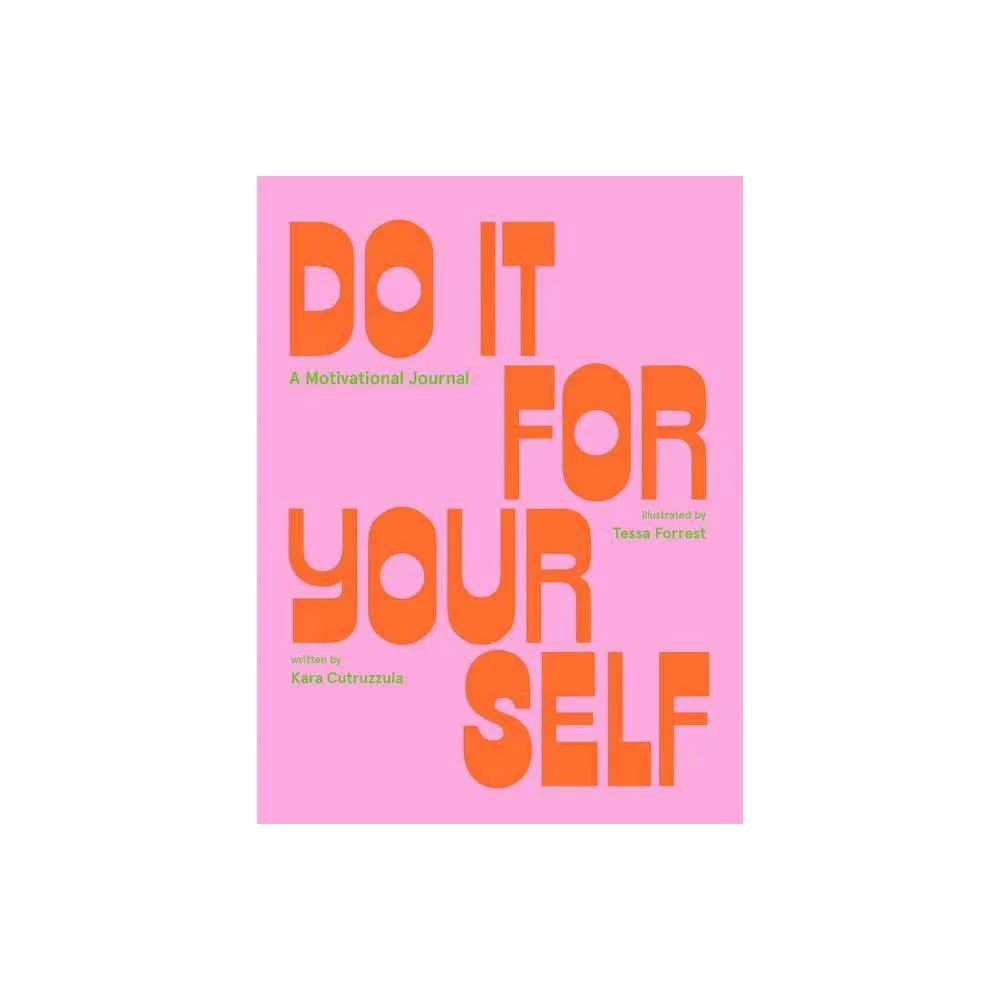My mom and I were shopping online for pajamas when we began discussing price ranges. She did not see the need to buy pricier pajamas, arguing that no one would see me when I was sleeping. My mom’s opinion rests on the widely followed belief that we dress for others, while I think that we should “flip the script,” and start dressing for ourselves. What if we picked outfits not based on what we thought others would like, but what we feel best in?
From a young age we have been conditioned to pay attention to how we are perceived by others, as external validation is the currency of self-worth. For example, many people tend to clean the house or cook a nice meal only when they’re expecting guests, trying to present a tidy environment or, in some cases, out of a fear of being judged. This is especially true when it comes to clothing, as society often has rules on how to dress “stylish” and “successful,” or how to fit in with the latest trend. And I think we have all had days when the pressure of finding the best outfit is overwhelming.
When we dress for ourselves it’s an act of self-respect, and can have a sense of freedom to it. We are not tied by our assumptions of what we think others would like rather what we truly want to wear. When we wear something that brings us joy, we are reinforcing the idea that we deserve to feel good. Studies have suggested that when our outfits make us feel confident and comfortable, we are happier, leading to improved mental. This helps with making stronger social connections and having better stress management.

Psychologists Hajo Adam and Adam D. Galinsky coined the term “Enclothed Cognition,” which is a theory that describes how clothing influences our thoughts and behaviors. For instance, wearing “fancy” clothes—even at home—can make us feel more put together, signaling to the brain that it is time to work and be productive. On the flip side, being uncomfortable can lower our moods and energy levels, taking our attention away from important tasks.
Once we start to shift our focus from others to ourselves, we become kinder. Consider a clean house. Usually people take extra time to tidy up before guests, but what if we took the time to clean your space for only yourself? Coming home to a clean space will promote a positive and clean space. Show yourself that you value the spaces you are in.
Think of it like this: we often treat our loved ones with kindness, praise, affection, and support. Yet, why do we not treat ourselves the same? By choosing clothing, food, and an environment that makes us happy, we are shifting our focus from external judgments to internal self-respect. It empowers us to take ownership of our lives, our choices, and our happiness.
So the next time you find yourself choosing an outfit, cooking a meal, or wondering if you should clean your room, ask yourself: “Am I doing this for myself or someone else?”
Image Sources: Shutterstock of the person in the mirror and Target for the Self-Care Journal


